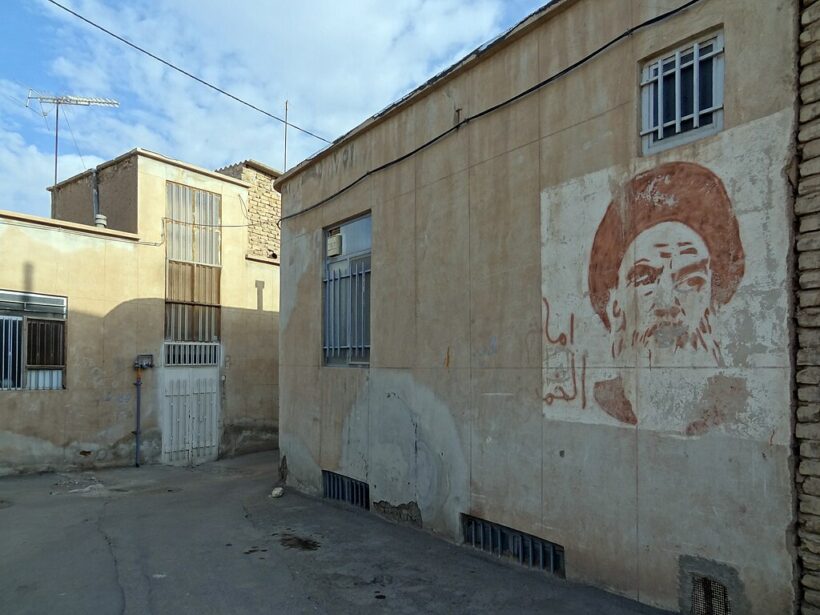The 1979 Islamic Revolution in Iran was a pivotal event in Iran’s history and had a significant impact on international politics.
It was the result of a combination of popular discontent with the authoritarian regime of Shah Mohammad Reza Pahlevi, whose government was backed by the United States and Western oil companies. The socio-economic, political, and religious factors driving his overthrow were corruption, political repression, economic inequality, and the influence of Western culture, which most people considered alien to their identity.
The main leader of the Islamic Revolution was Ayatollah Ruhollah Khomeini, a religious leader who had been exiled by the Shah in 1964. From his European exile, he built support in various sectors of Iranian society through the religious structure. He attracted massive support from the rural sectors, but he also had the support of a broad spectrum of opposition groups, including both leftists and Islamists.
The revolution began with popular protests and demonstrations in 1978, violently suppressed by the Shah’s security forces. However, the protests continued and gained momentum, which finally led to the fall of the Shah and Khomeini’s triumphant return to Iran in February 1979.
After Khomeini’s return, a referendum was held in April 1979 establishing the Islamic Republic of Iran. Khomeini became the country’s supreme leader, while an interim government headed by Mehdi Bazargan was formed to manage day-to-day affairs.
After the Islamic Revolution, the new government carried out a series of reforms, including nationalizing the oil industry and implementing Islamic policies in society and the legal system. There were also political purges and violent repression of opponents of the new regime.
Women had to submit to strict Islamic law, which rolled back the right to self-determination, perpetuated patriarchy, and deepened gender-based violence.
The Islamic Revolution had a major impact on international politics, especially in the Middle East. Iran became a radical, theocratic Islamic state, adopting an anti-Western and anti-American stance, which led to strong tensions with the US and its European and Middle Eastern allies.
Today, Iran is an important international actor, one of the world’s main suppliers of crude oil, but also with important achievements in the knowledge sector, perhaps a legacy of its millennia-old Persian culture. By joining the BRICS Group together with Egypt, Ethiopia, the United Arab Emirates, and Saudi Arabia, Iran is adding key support in geopolitical terms to the counterweight that this group represents to the Euro-Atlantic claim to pre-eminence.
The justice of that popular revolution against oppression and imperialism, which initially aroused hopes among the population, soon turned into intolerance and fanaticism. A revolution that had too much religious violence and not enough humanism.






